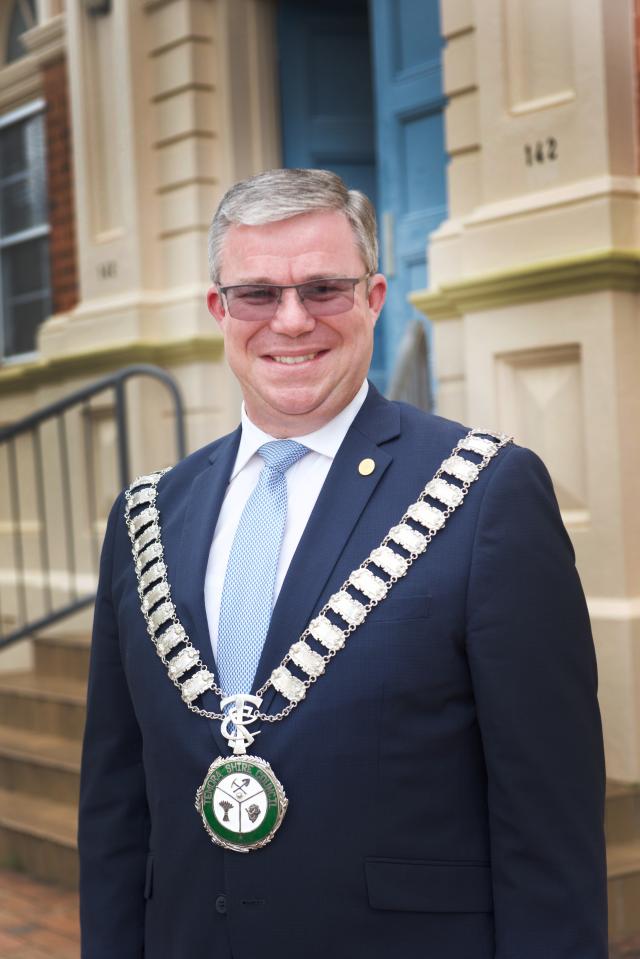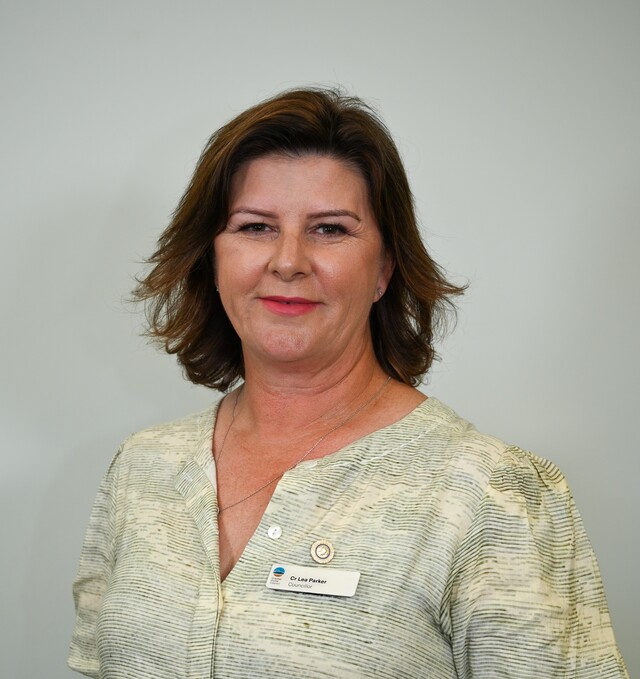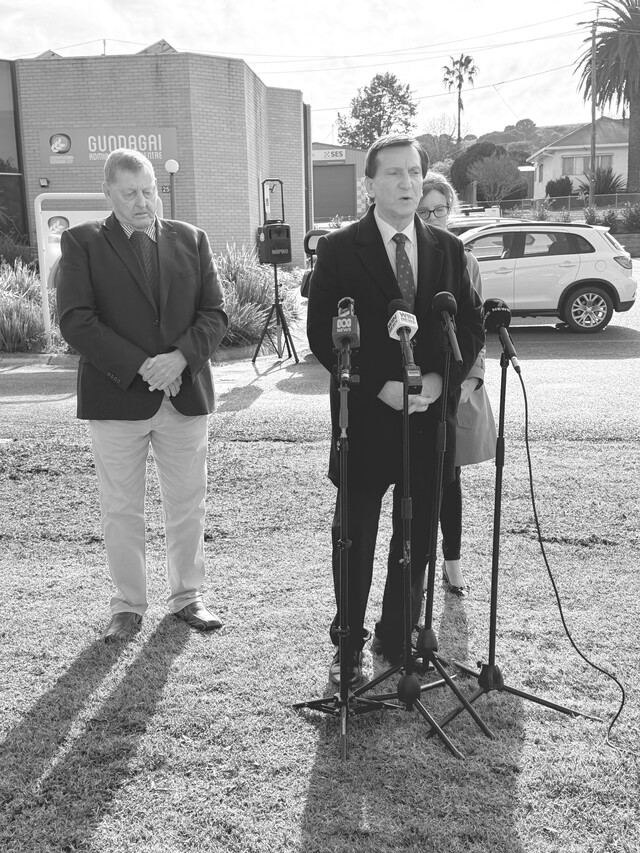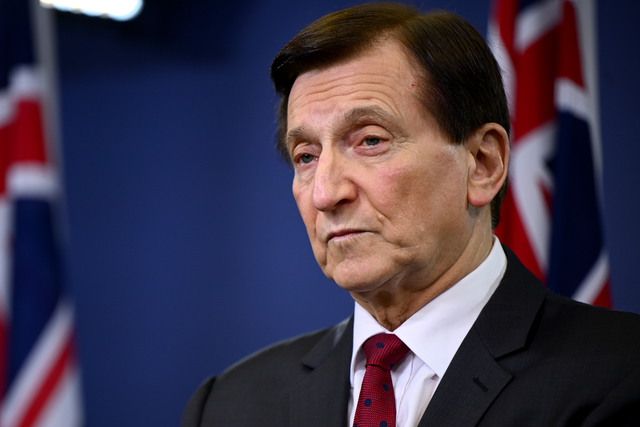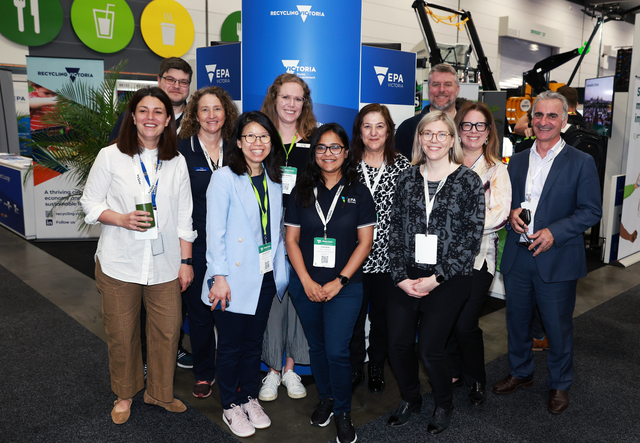Australia is a dynamic and diverse society. Almost a quarter of Australia’s 19.7 million people were born overseas. Together, we make up a successful, cohesive multicultural society: a society that has benefited from an active post-war migration program that is designed to meet Australia’s economic, social, environmental and humanitarian interests. The latest research shows that there are many benefits to Australia from its highly skilled and targeted migration program.
In particular, Australia‘s Migration Program is delivering major benefits in the following areas.
- Enhancing our skilled labour force.
- Putting downward pressure on the gap between higher and lower income Australians.
- Contributing significantly to the Commonwealth Budget.
- Adding to Australia’s Gross Domestic Product (GDP).
The Commonwealth Government remains committed to the economic and social development of regional Australia and is eager to ensure that regional Australia obtains greater benefits from migration. Regional migration is a priority for the Government and is part of its broader agenda for regional Australia. State specific and regional migration initiatives provide direct economic benefits to regional Australia by addressing skill shortages, and through business development and expansion.
All applications for the State specific and regional migration visa categories receive priority processing, which results in significantly shorter visa processing times and the opportunity for successful applicants to take up residence in Australia more quickly. These initiatives have met with considerable success to date.
By June 2003 the Government will have influenced the location decision of 22,000 migrants over the past seven years through its efforts to improve the dispersal of migrants and to meet skill shortages in regional areas. For the 2002/03 program year the number of grants are on track to be at the highest level ever, with over 5,000 grants likely.
Australia’s 2003/04 Migration Program recently announced by the Minister for Immigration and Multicultural and Indigenous Affairs, Philip Ruddock, will remain in the range of 100,000 to 110,000 places, plus a parent contingency reserve of 6,500, and will see an increase in the skill stream to between 63,300 and 68,300. This will provide increased scope for regional migration and regional economic development.
When Minister Ruddock announced the 2002/03 Migration Program on 7 May 2002, he referred to a package of possible enhancements to regional migration initiatives to enable an even higher number of skilled and business migrants to settle in regional Australia. Wide consultation on the enhancements has subsequently occurred with State and Territory Governments and other interest groups, including an external reference group of regional representatives and another external reference group on business migration, resulting in implementation of a number of enhancements. For the first time, some initiatives are directed at temporary entry as well as permanent entry of skilled people.
Skill matching – helping to fill skill shortages
The Skill Matching Database (SMD) is a practical migration tool that contains the educational, occupational and personal details of skilled migration applicants, and allows State and Territory Governments and employers in regional areas to identify potential migrants with the skills they seek.
Measures to increase the number of potential skilled migrants on the SMD have had a significant impact with now over 4,500 entries. This covers around 270 occupations, including many occupations currently in shortage such as nurses and other health professionals, accountants and primary and secondary teachers.
Labour Agreements
The increased use of Labour Agreements is being encouraged to enable peak industries to fill regional labour shortages. Labour Agreements are available when current visa arrangements are unable to meet the requirements of an employer, or where special needs exist.
Temporary Residence Doctors
From 1 July 2002 the potential length of temporary residence visas for doctors in ‘areas of need’ has been extended to up to four years. Visa numbers (including families) in this category continue to grow strongly and reached 3,888 in 2001/02 and are likely to exceed this level in 2002/03.
Temporary Residence Concessions for regional Australia
Changes to the long term Temporary Business category to allow Regional Certifying Bodies a greater role to support sponsorships in regional Australia have been introduced. From 1 November 2002 the skill and salary threshold requirements for Temporary Business (Long Stay) (subclass 457) nominations can be waived in exceptional cases. Waiver of these thresholds requires Regional Certifying Body certification that the position in a regional area is necessary to the operations of the business and cannot reasonably be filled from the local labour market.
Business Skills
From 1 March 2003 a two stage process, that is a provisional visa and then the granting of permanent residence once a business is fully established, for the Business Skills categories has been introduced. This new arrangement has a much greater emphasis on State and Territory Government sponsorship and support at both stages. Immediate permanent residence is only available for high calibre business migrants who have State or Territory Government support.
Overseas students applying for general skilled migration
Adjustments to the points regime for overseas students applying to migrate will be introduced from 1 July 2003. The objective is to encourage a greater proportion of students to consider studying at and eventually settling in regional Australia. Key aspects of this proposal are as follows.
- Providing additional points for overseas students who have recently completed their qualifications by studying and living nearby for a period of at least two years at the campus of an Australian university, TAFE or private education provider in regional Australia or a low population growth metropolitan centre.
- Increasing the period of time students are required to attend a tertiary institution in Australia to be exempt from the work experience requirement, from 12 months to two years. Regional Australia is defined for these purposes as any Statistical Division with a population of less than 200,000. In addition, a low population growth metropolitan centre, for these purposes, is one with a population growth rate between the last two censuses of less than 50 per cent of the national average.
Special sponsorship and nomination arrangements
This proposal involves special sponsorship and nomination arrangements for the Regional Sponsored Migration Scheme and the temporary Medical Practitioner visa for professional health workers. It allows for sponsorship by the community, such as the local Council, regional health organisation or government regional medical centre. Final consultations with State and Territory Health Ministers are currently taking place regarding these arrangements.
The future
The Commonwealth continues to look for ways to increase the dispersal of skilled migrants to regional Australia in partnership with key stakeholders including State and Territory Government agencies, Local Government and regional development agencies. Importantly, Local Government and regional development organisations have a solid understanding of the unique conditions of regions and are well placed to ensure that vital linkages between regional development plans and migration needs are identified.
The Department of Immigration and Multicultural and Indigenous Affairs is increasingly focusing on strengthening consultation and developing collaborative and strategic partnership arrangements with Local Government and a range of regional development organisations including Area Consultative Committees and Regional Certifying Bodies.
For more information about regional migration initiatives and what they can do for you and your region, contact the Department of Immigration and Multicultural and Indigenous Affairs Regional Hotline in your State, or visit www.immi.gov.au
Case Study
It seems a long time ago that Vilva Muniandy arrived in Australia to study accounting in 1993. “To tell you the truth I had no idea where Australia was,” Vilva Muniandy said. “I had no friends or family here and originally was going to go to the UK.”
Together with his sister, Vilva went to Perth from Singapore to study accounting. His sister studied pharmacy.
“She originally mooted the idea and did all the research, and I just tagged along,” he said. “But I loved the lifestyle so much I decided to stay and have never looked back.”
Vilva was running a wholesale business in Singapore before coming to Australia. While studying at Curtin University in Perth, Vilva ran a retail soccer business in the city for three years.
“I sold soccer paraphernalia and souvenirs like scarves, mugs and boots which I imported from England,” he said. “But I was keen to get out of the retail business and when I finished my degree, Bird Cameron were looking for accountants to work in regional areas and I jumped at the opportunity.” Vilva ended up in Northam, a town of about 7,000 in the Avon Valley, just over 100 km north east of Perth. It is a major regional centre located at the start of the wheatbelt.
“Northam is a lovely town which is steeped in history. It is quintessential Australia,” he said. “The cross section of people here is so diverse. Everyone seems to have such an interesting story to tell.”
Vilva was a temporary resident for four years before applying to migrate under the Regional Sponsored Migration Scheme (RSMS). RSMS is one of several programs run by DIMIA to help employers find the right people for jobs. The scheme assists employers in regional Australia unable to fill a skilled position in their business from the local labour market.
“The company helped me with the transition to Northam and the process was very quick,” Vilva said. “Even though I could have made a good living in Singapore, living in regional Australia is a lifestyle choice I have made,” Vilva Muniandy said.
“What I love about Australia is that you can be near the hills or in the bush and still be relatively close to the city. I drive to Perth to have a night out on the town with my friends about once a month. In the meantime I am building friendships in Northam and enjoying the country lifestyle.” Vilva said that although his parents miss him, he speaks to them by phone every week and they visit a couple of times a year.
“I miss my family but I have built a life for myself here,” he said. “I look forward to the challenges of the future.”
Regional Hotlines
Australian Capital Territory
(02) 6274 4552
dima.businesscentre.act@immi.gov.au
New South Wales
(02) 9893 4927
parramattabusinesscentre @immi.gov.au
Northern Territory
(08) 8946 3131
dima.businesscentre.nt@immi.gov.au
Queensland
(07) 3360 5025
dima.businesscentre.qld@immi.gov.au
South Australia
(08) 8237 6683
dima.businesscentre.sa@immi.gov.au
Tasmania
(03) 6220 4227
dima.businesscentre.tas@immi.gov.au
Victoria
(03) 9235 3613
dima.businesscentre.vic@immi.gov.au
Western Australia
(08) 9415 9221
bcperth @immi.gov.au


